Serenity reigns at Porto Ercole’s La Roqqa hotel
Studio Palomba Serafini has designed La Roqqa, a new hotel in Italy’s Porto Ercole, with retro nods, Tuscan flair and contemporary luxury
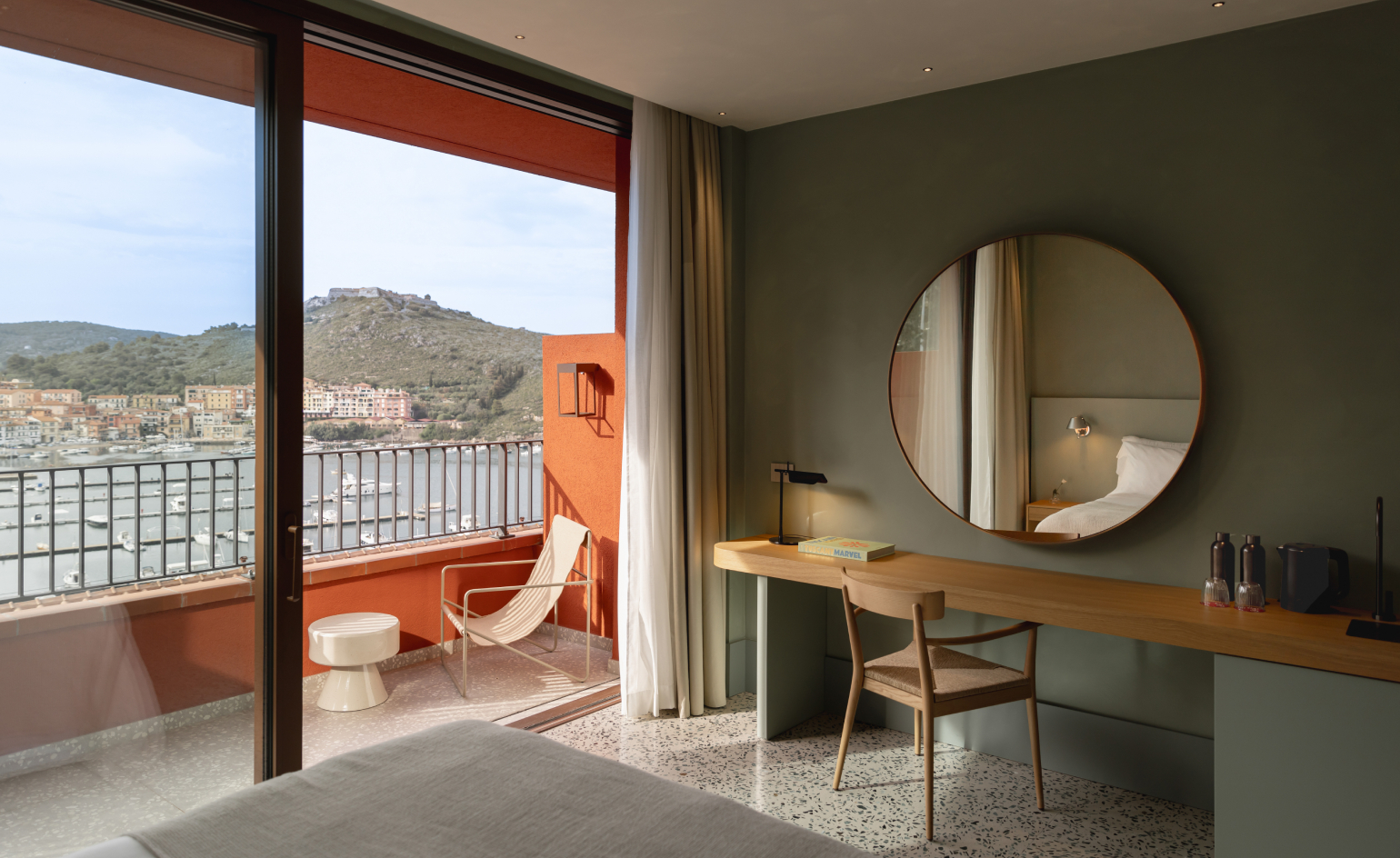
The Porto Ercole hotel formerly known as Don Pedro – in which guise it was the destination for locals celebrating birthdays, weddings and other life milestones – is now owned by a Swedish company, coincidentally named Erqole, and has been reborn as La Roqqa, a stylish five-star named after the nearby ancient fort, Rocca Spagnola.
La Roqqa, Porto Ercole, by Studio Palomba Serafini
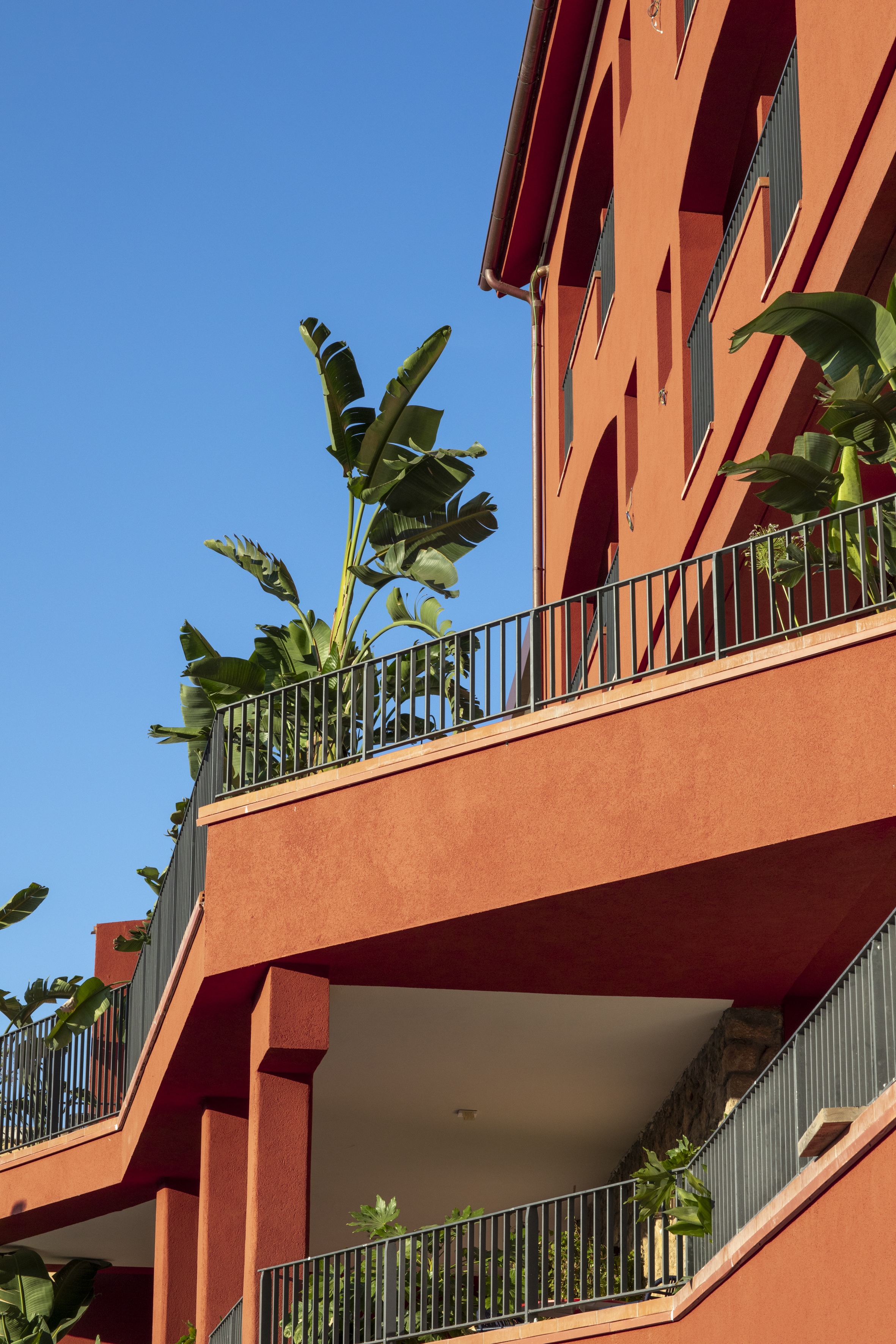
Architects and designers Ludovica Serafini and Roberto Palomba of the Milan-based studio Palomba Serafini have brought their luxurious touch to the property and blended it with Tuscan elements and retro nods to the 1960s dolce vita. As the façade was protected, the duo refreshed it with one of the permitted paint colours, choosing the shade closest to that found on old Tuscan houses.
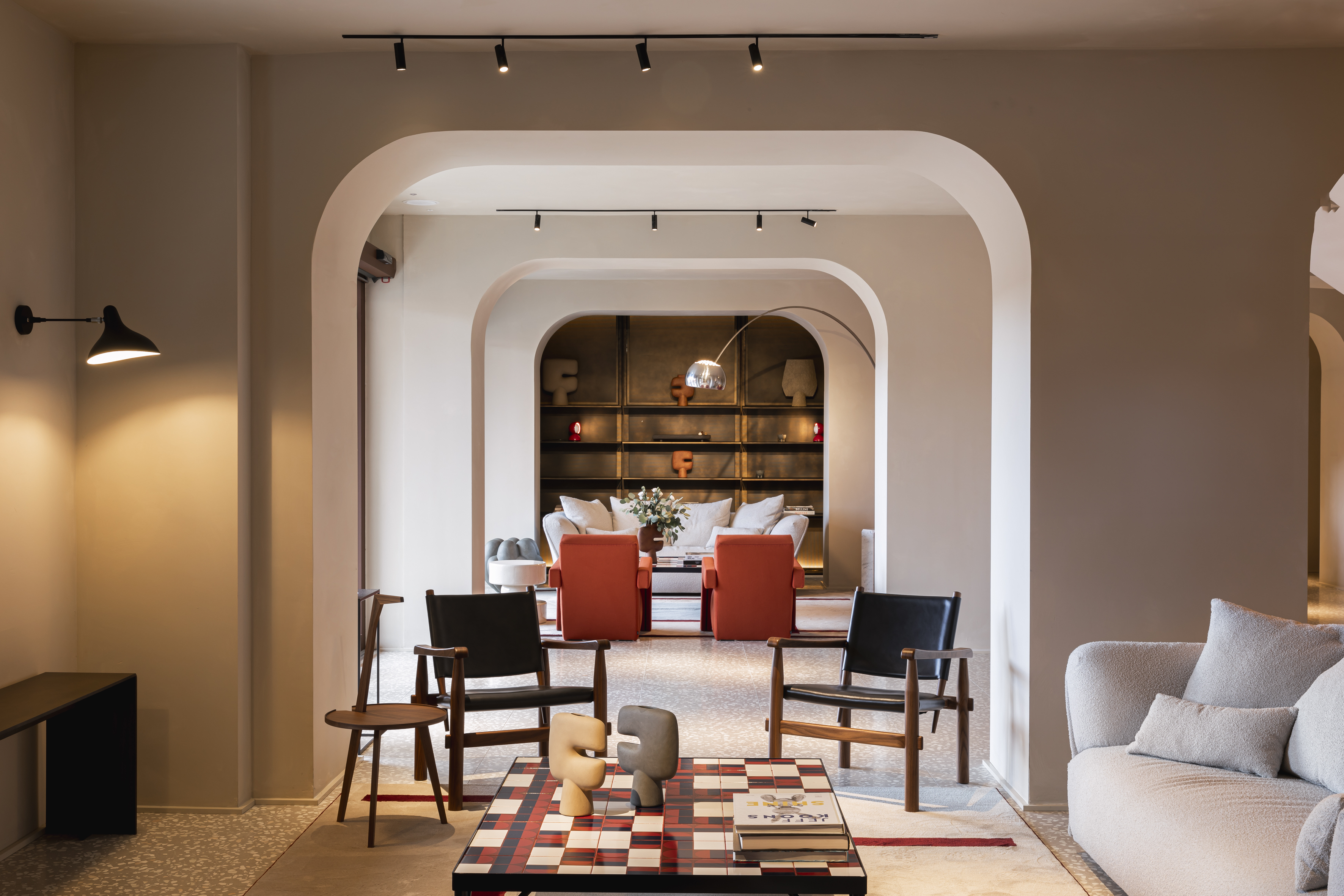
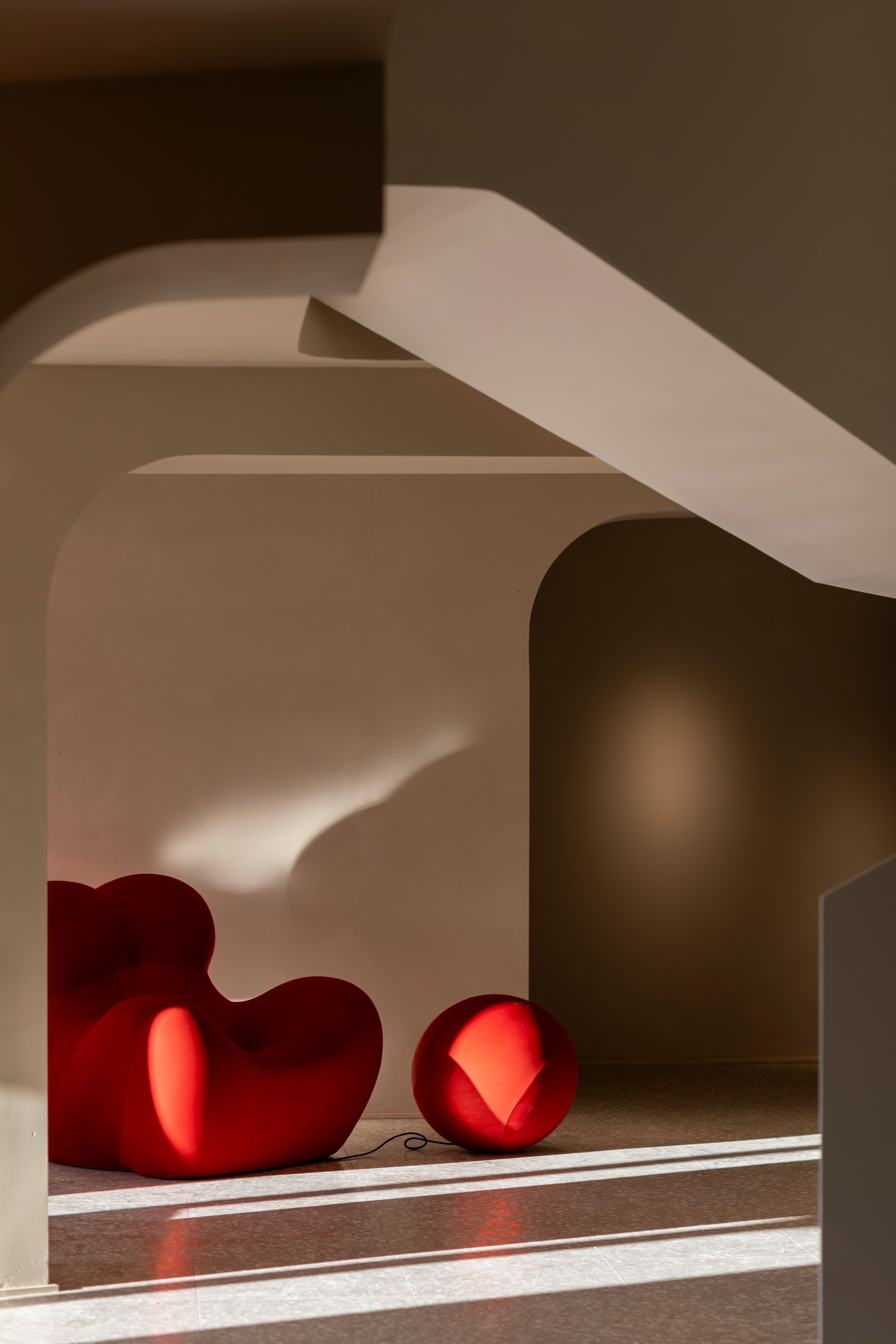
In the lobby, the original 1980s design details were replaced with a central staircase that acts as a decorative sculpture, as well as a practical addition. The low arches add another characteristic detail of local Tuscan homes and split the open-plan space into a small ceramics store and two lounges accessorised with design icons such as ‘Arco’ and ‘Toio’ floor lamps from Flos, a ‘Utrecht’ armchair by Cassina, and the standout piece, Gaetano Pesce’s bright red ‘Up’ armchair.
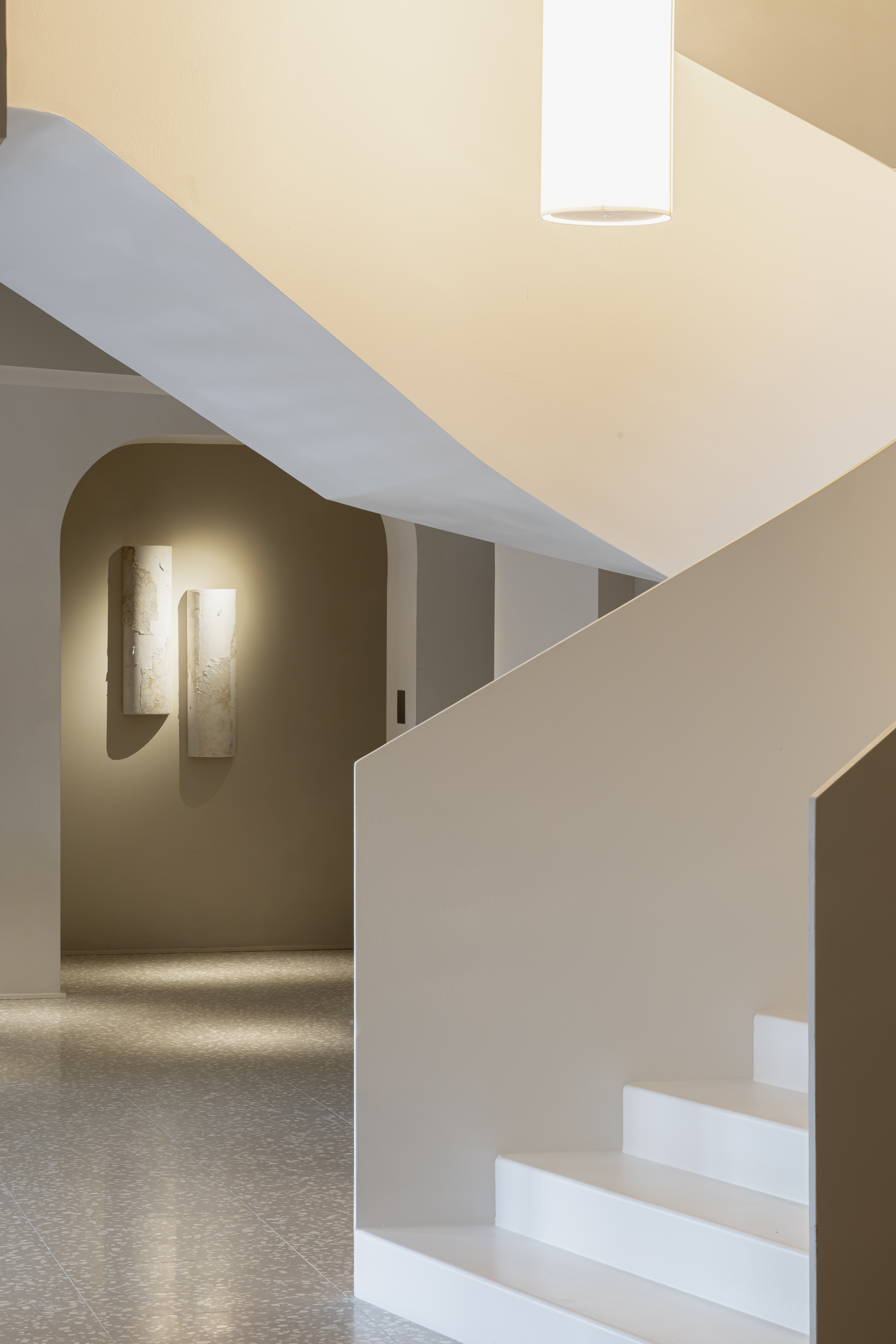
To bring a softness to the project, curved walls and more arches were added to the neutral hallways that link the 55 guest rooms and suites, where Serafini and Palomba’s pared-back luxury comes into its own. Bare walls are painted in lime plaster using the complex ‘nuvolatura’ technique and in one of three colours inspired by the earthy blue water, green forest and terracotta buildings surrounding the hotel.
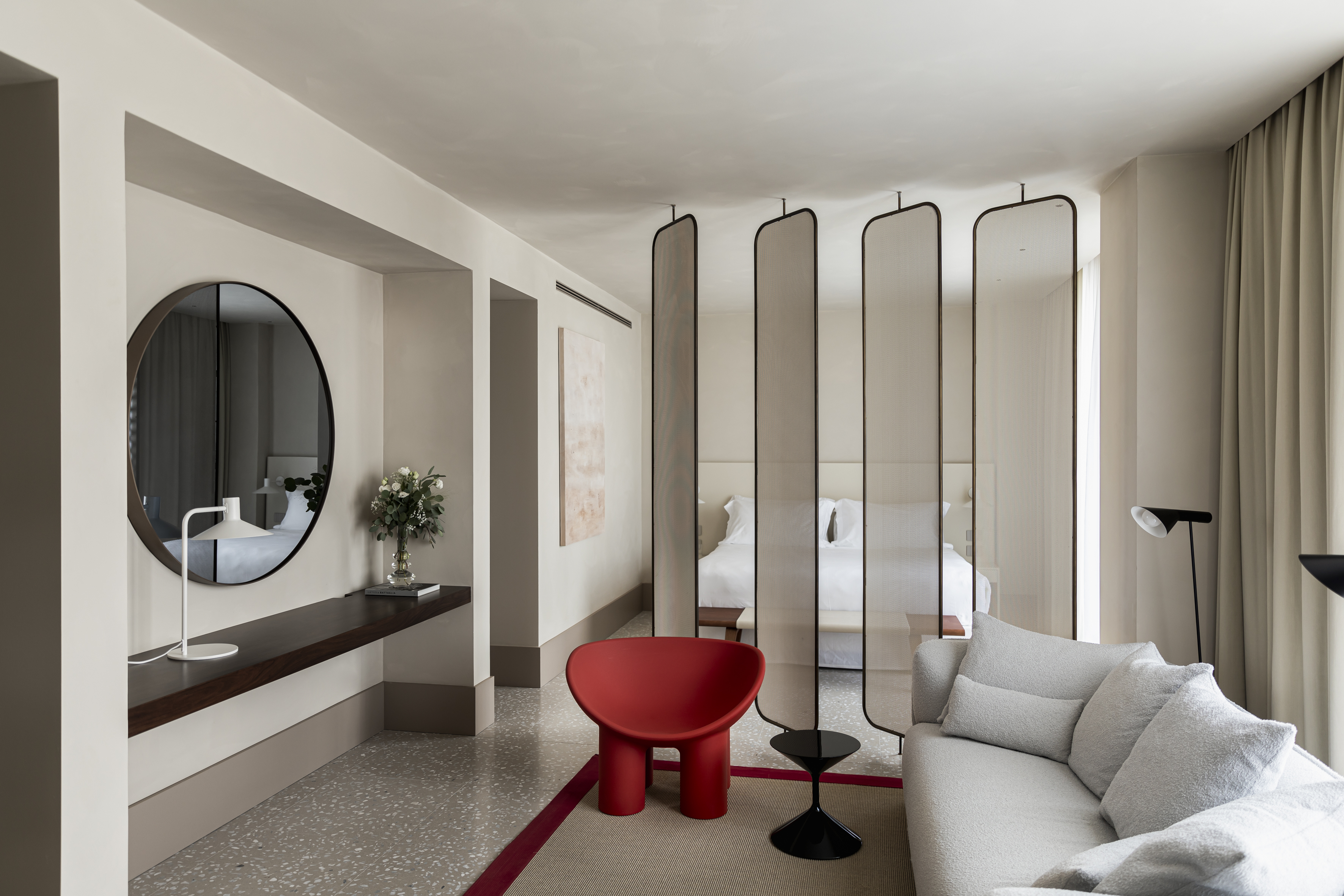
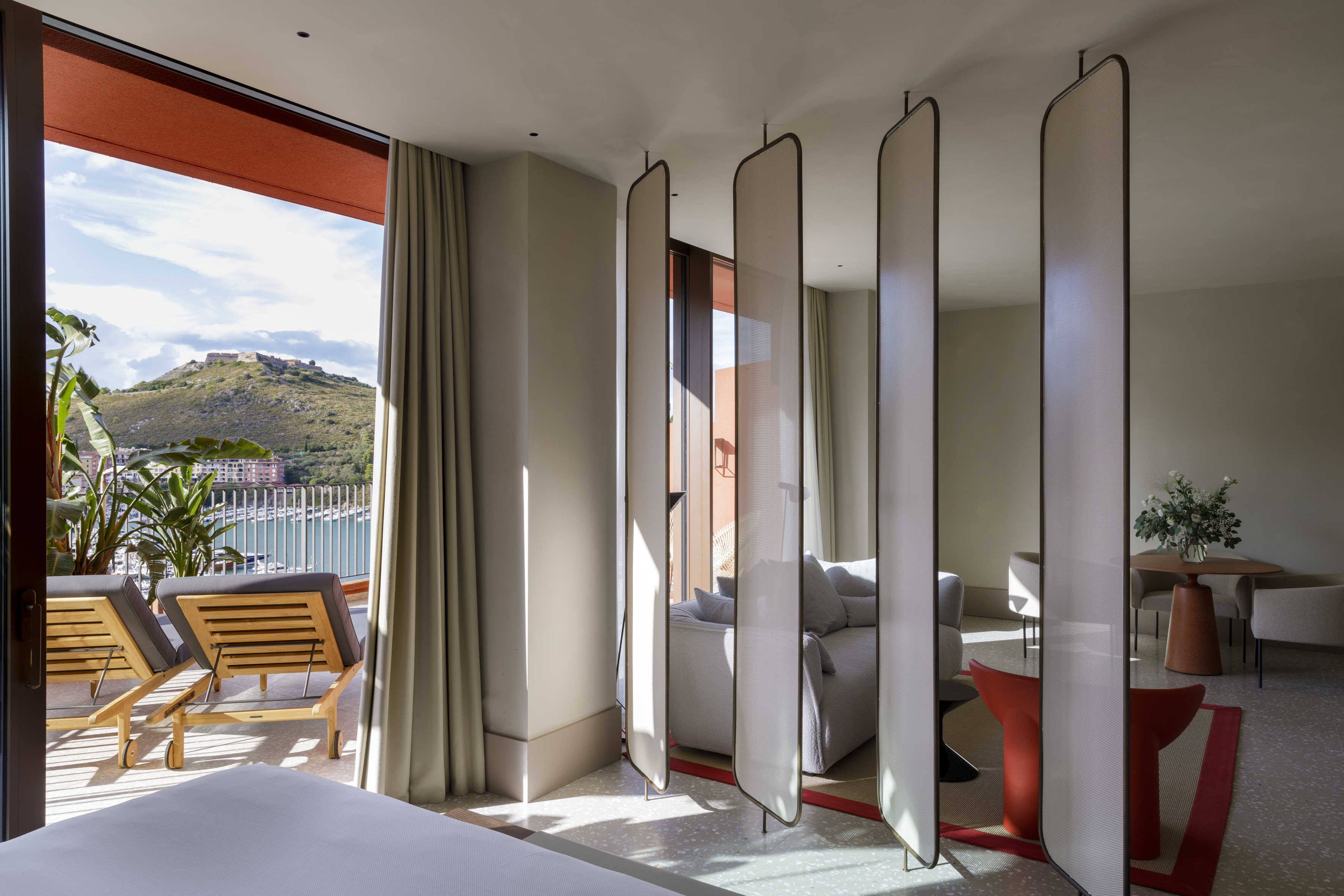
For the flooring, the studio sourced a contemporary reinterpretation of traditional terrazzo from Italian tile expert Mipa, which continues into the bathrooms along with the colour theme.
Furnishings are kept to a minimum – think a custom-made desk and small bedside table – and are crafted in wood to add warmth. In the suites, there’s space to be slightly more decorative, yet the same design codes apply, with neutral tones and a preference for clean lines and tactile materials, such as textile sofas and marble and wood furnishings.
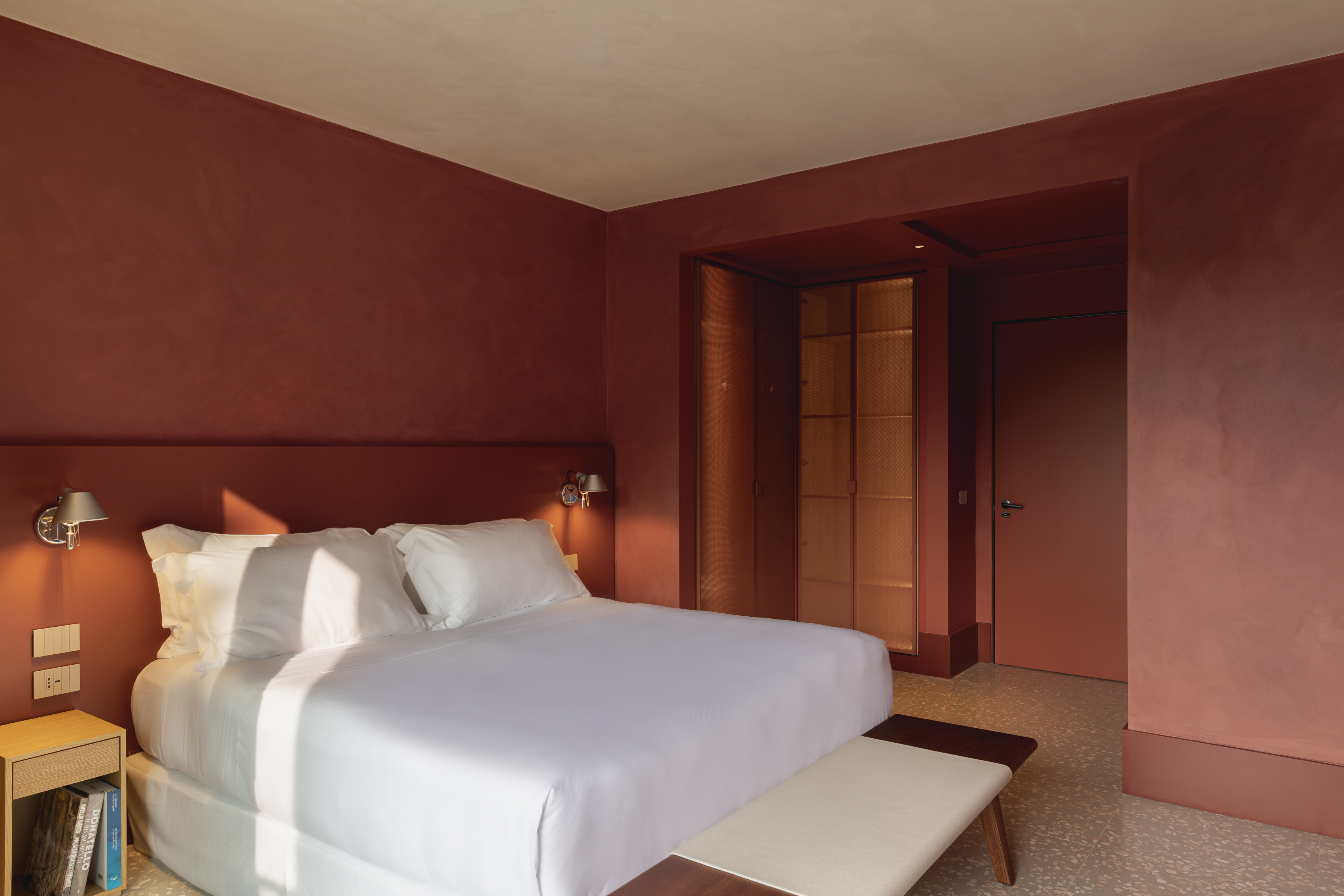

Up on the mezzanine terrace and rooftop restaurant, 1960s-inspired geometric tiled tables custom-made by Vietri Scotto continue the vintage vibes and complement the blue and terracotta outdoor furnishings, while further away from the hotel, guests will be able to lounge at the equally stylish Isolotto Beach Club, situated on the only sandy beach on the peninsula.
Wallpaper* Newsletter
Receive our daily digest of inspiration, escapism and design stories from around the world direct to your inbox.
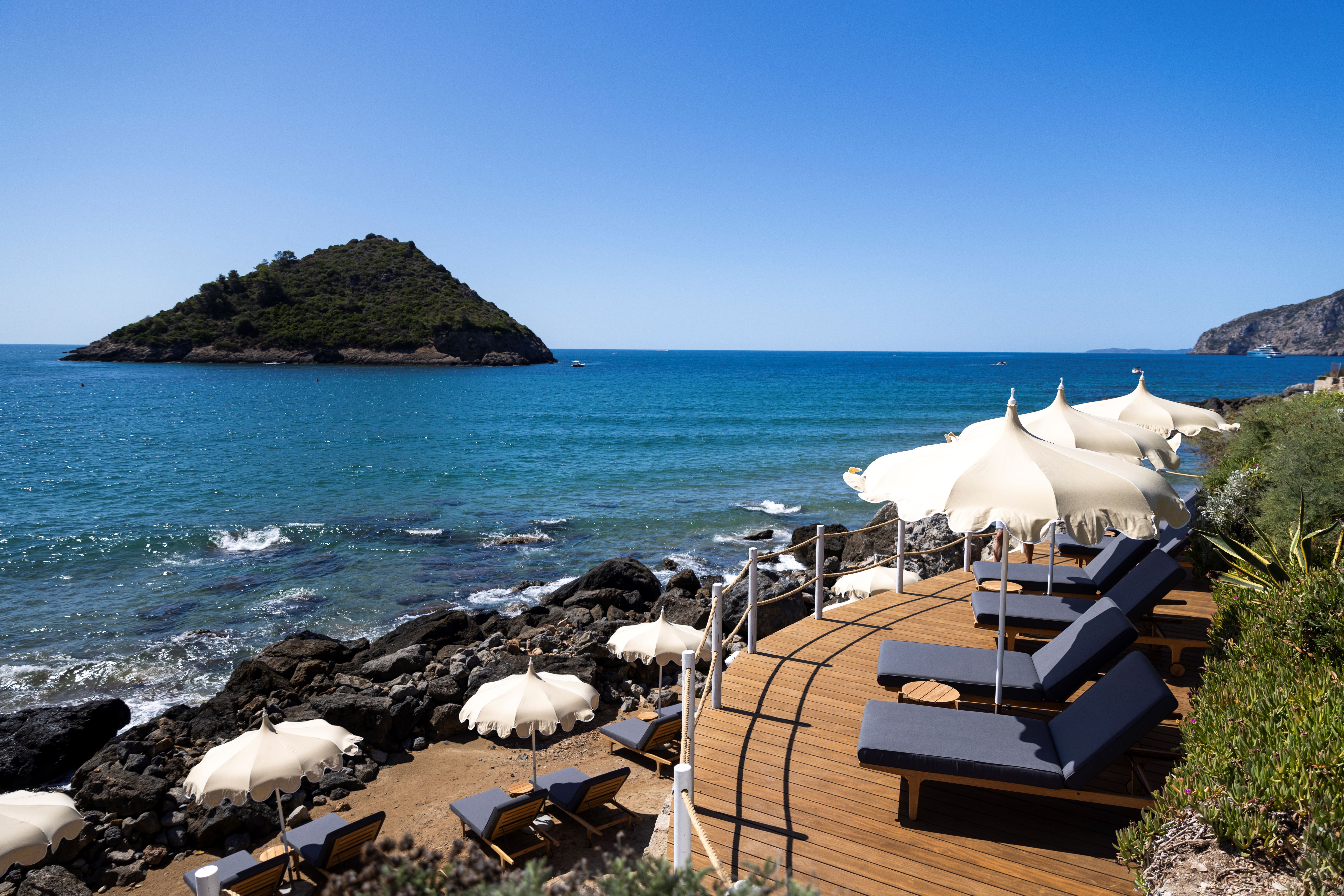
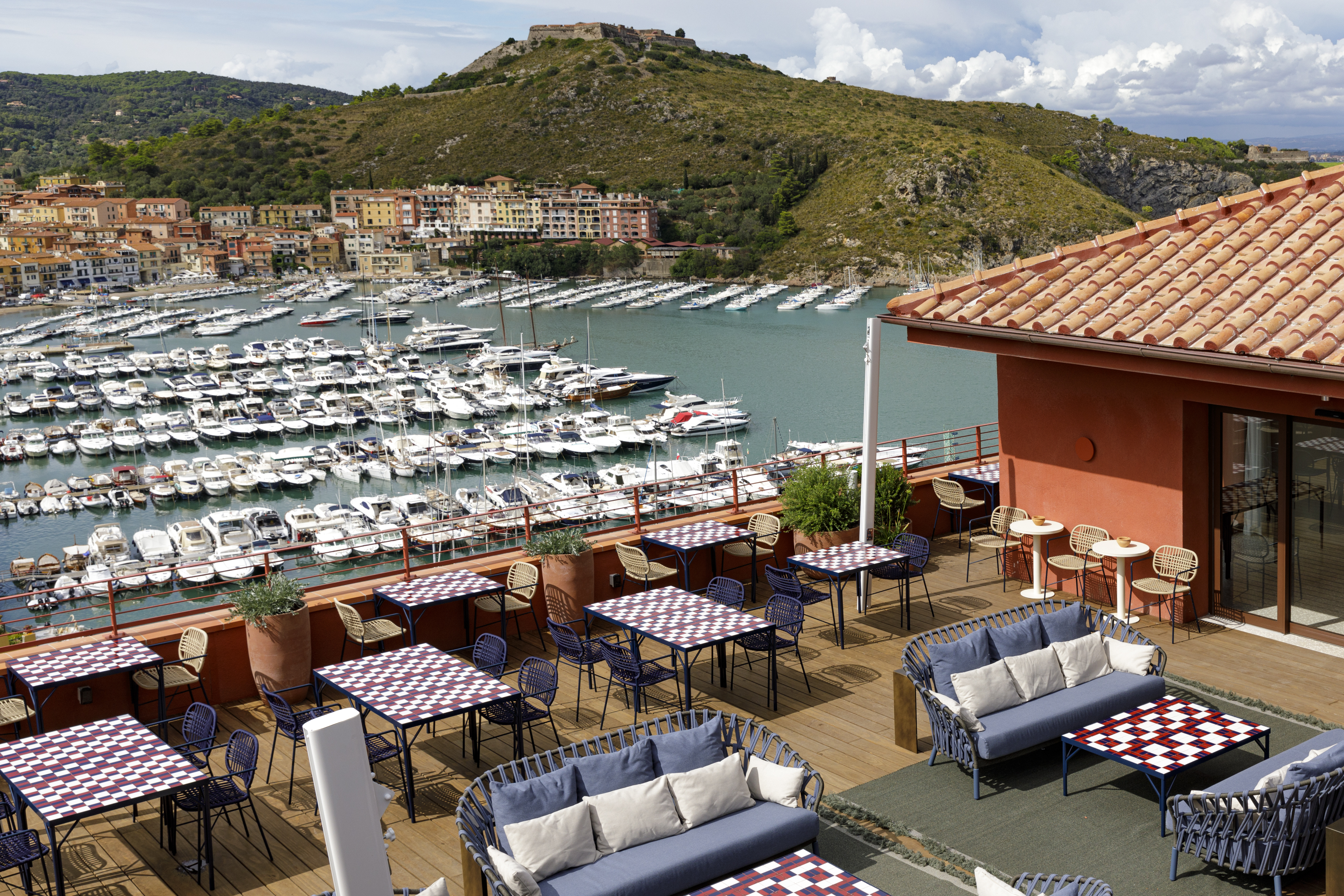
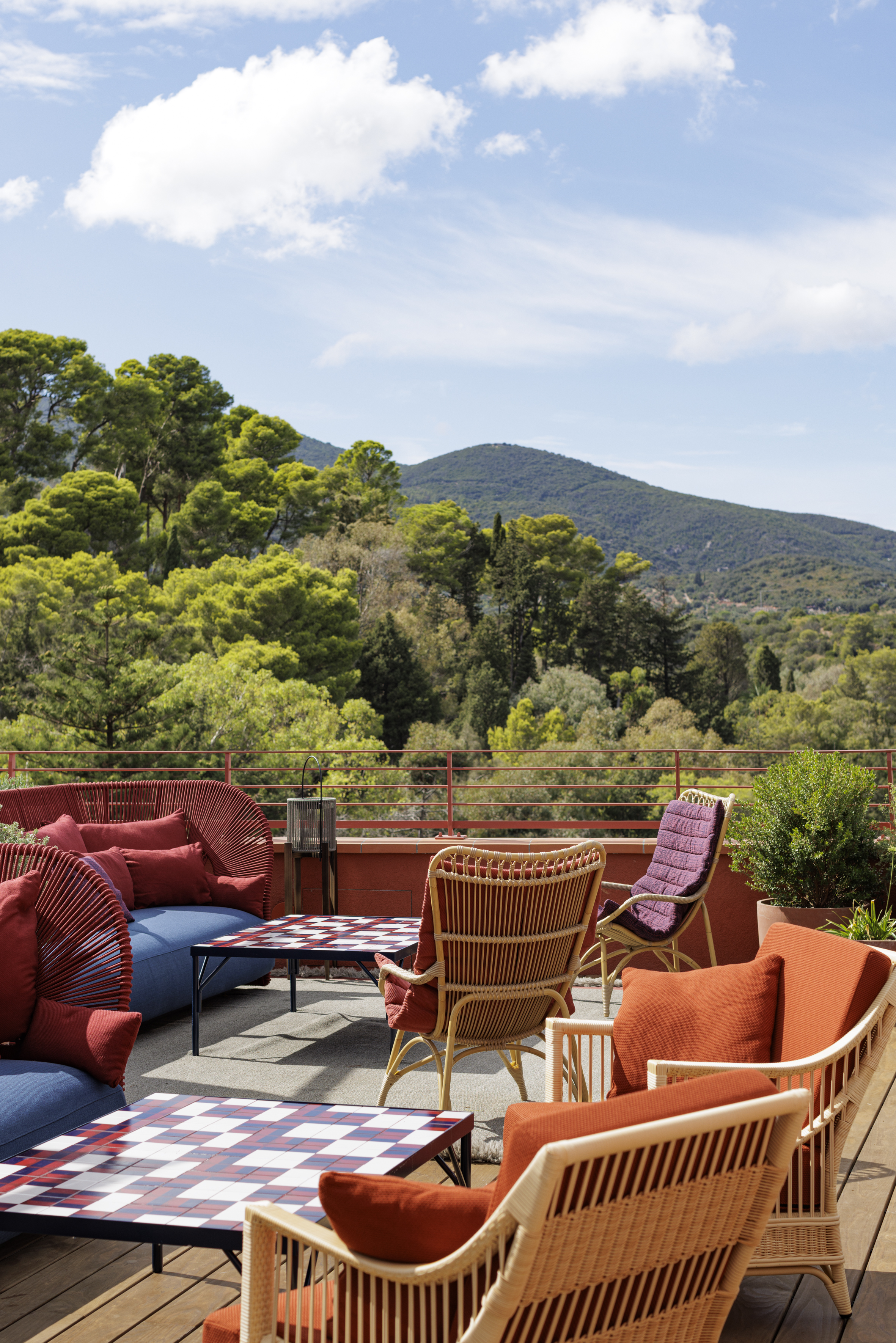
La Roqqa is located at Via Panoramica, 7, Porto Ercole, laroqqa.com
Originally from Leeds, Nicola Leigh Stewart lived in London and Madrid before moving to Paris, where she writes about travel and food for the likes of Conde Nast Traveler, The Telegraph, The Times, Design Anthology UK, and Robb Report. She has also co-authored Lonely Planet guidebooks on Paris and France and teaches travel writing at the American University of Paris.
-
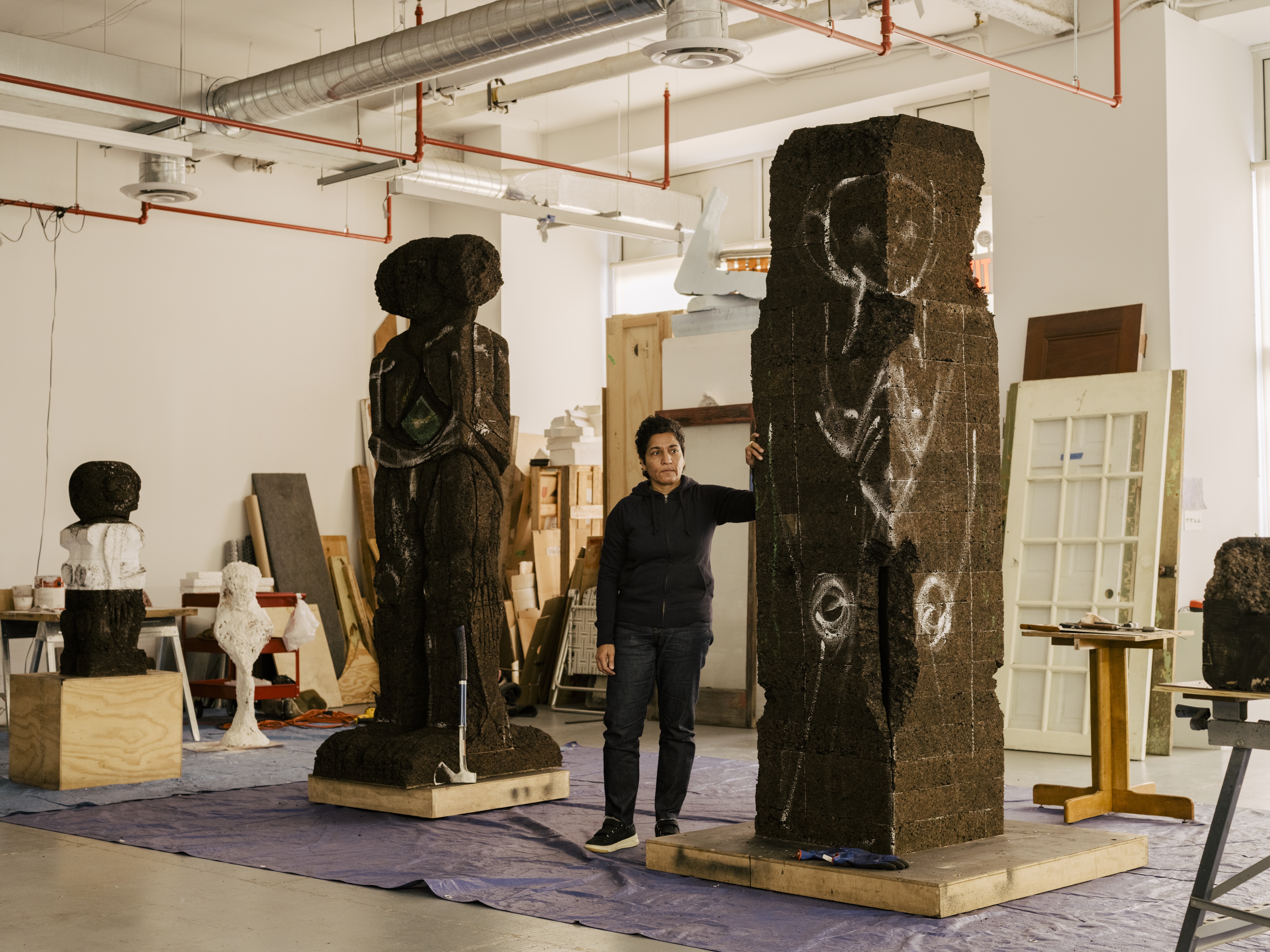 Huma Bhabha and Alberto Giacometti share an emotional connection in dialogue at the Barbican
Huma Bhabha and Alberto Giacometti share an emotional connection in dialogue at the BarbicanThe Barbican's new series, Encounters, sees Alberto Giacometti's work paired with a series of artists
-
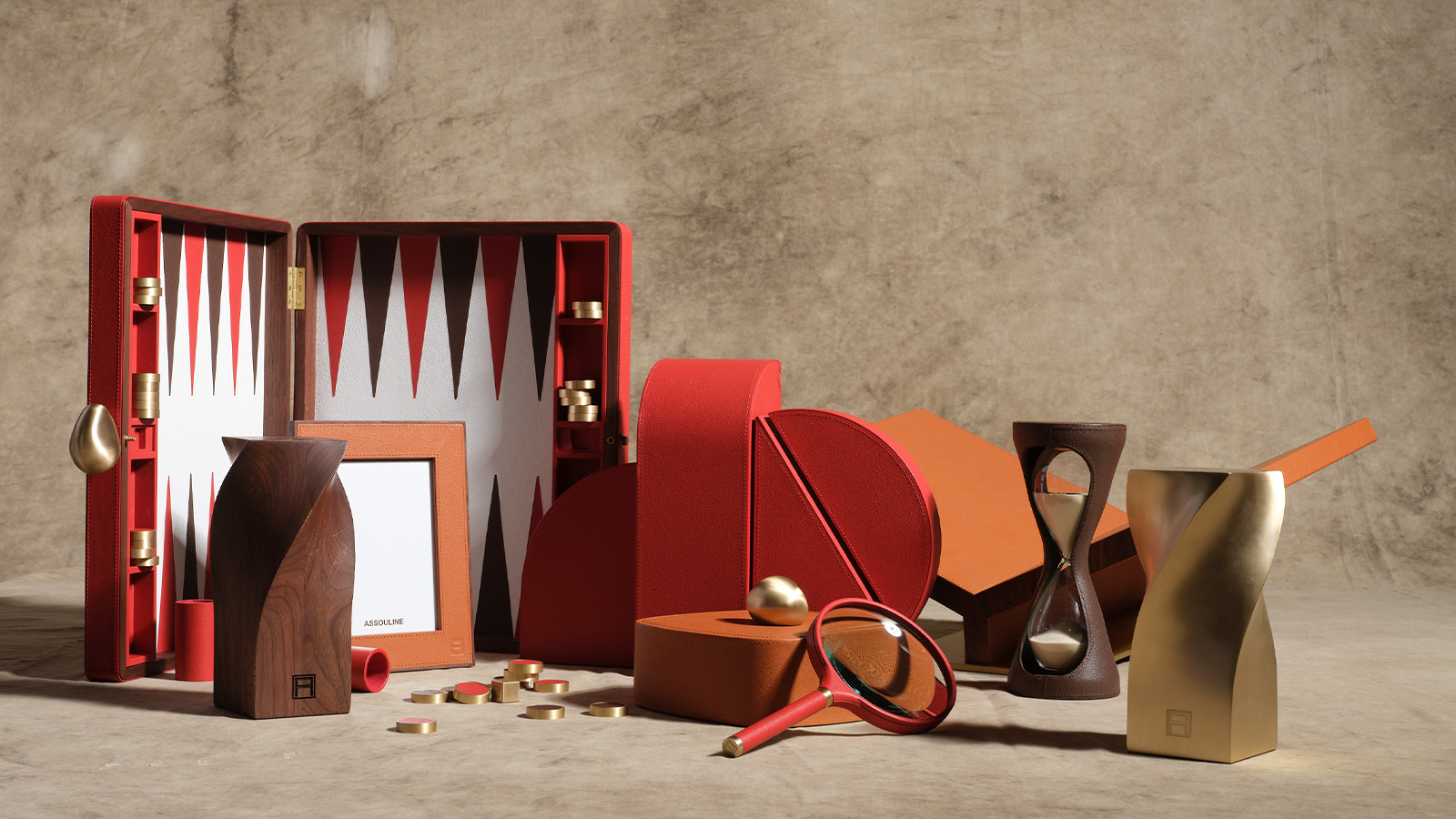 Build your own library with Assouline’s new collection inspired by treasured family heirlooms
Build your own library with Assouline’s new collection inspired by treasured family heirloomsKnown for its luxury travel books Assouline announces the new 'Library Collection' featuring home objects from bookends, a magnifying glass, home fragrances and more
-
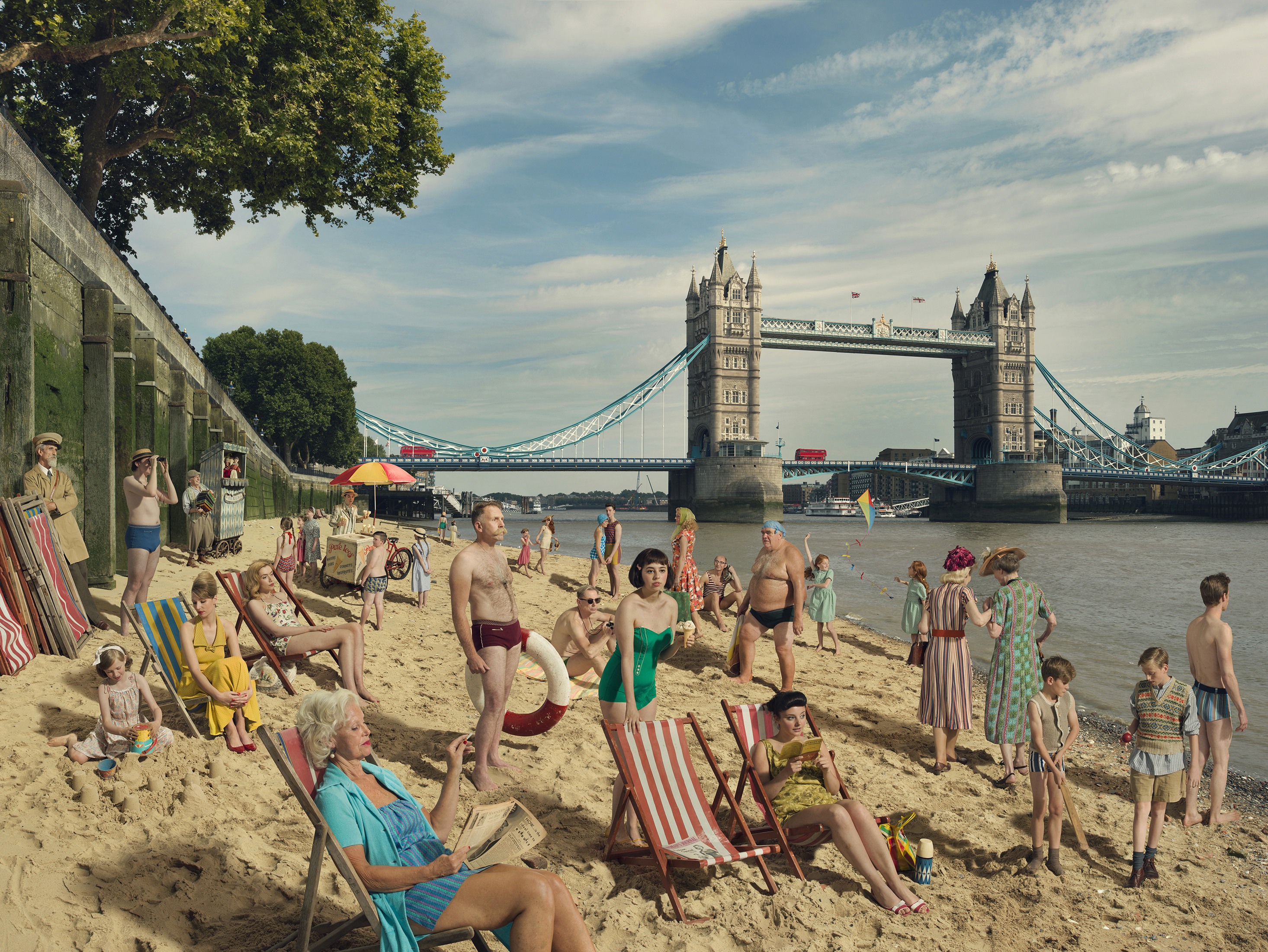 As Photo London turns 10, seven photographers tell us the story behind their portraits
As Photo London turns 10, seven photographers tell us the story behind their portraitsPhoto London celebrates its tenth anniversary from 14–18 May 2025 at Somerset House
-
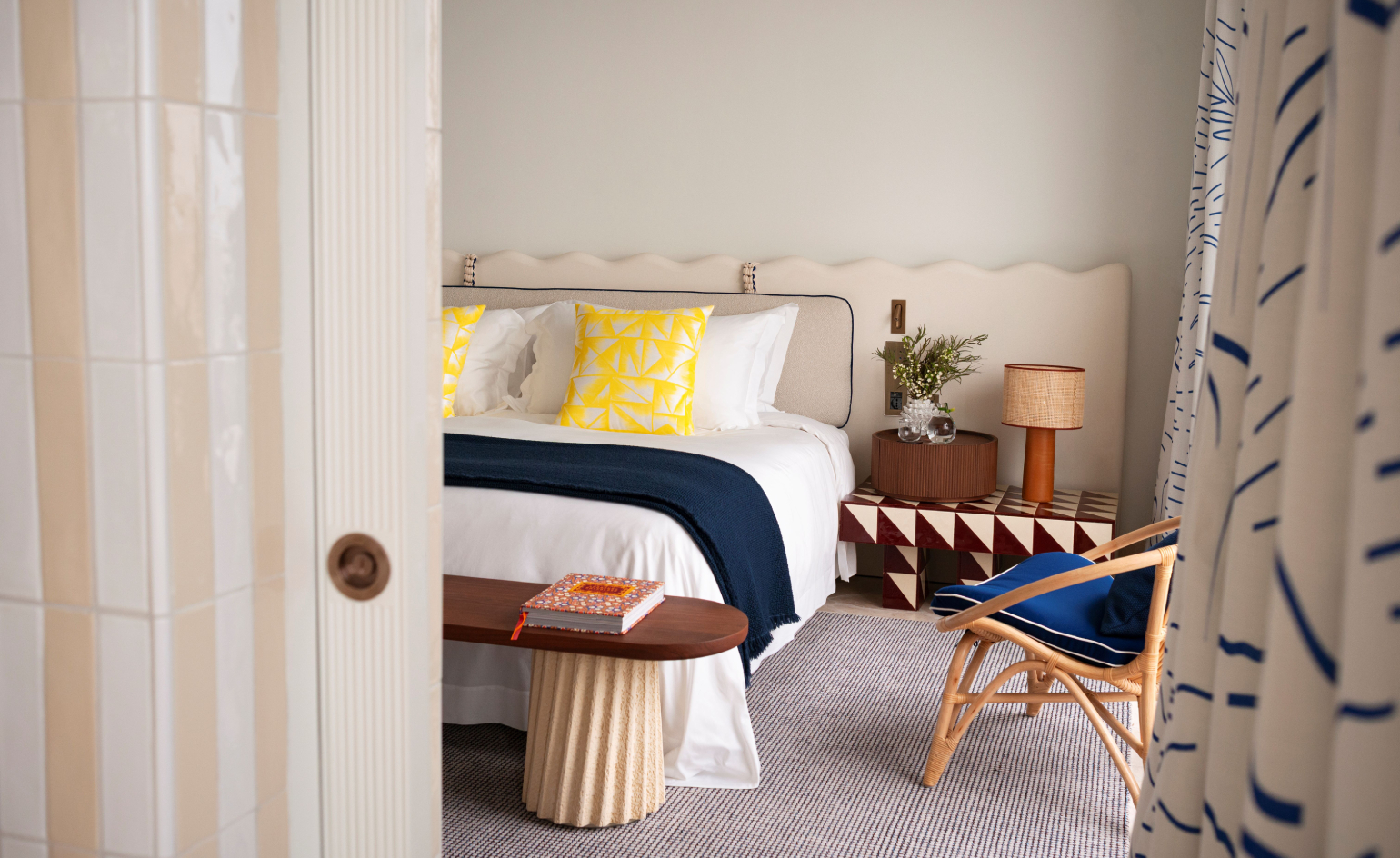 Five tranquil suites by Patricia Urquiola suspend visitors ‘between sea and sky’ in Capri
Five tranquil suites by Patricia Urquiola suspend visitors ‘between sea and sky’ in CapriPatricia Urquiola dreams up a study in contrast and tradition for the next chapter of Jumeirah Capri Palace
-
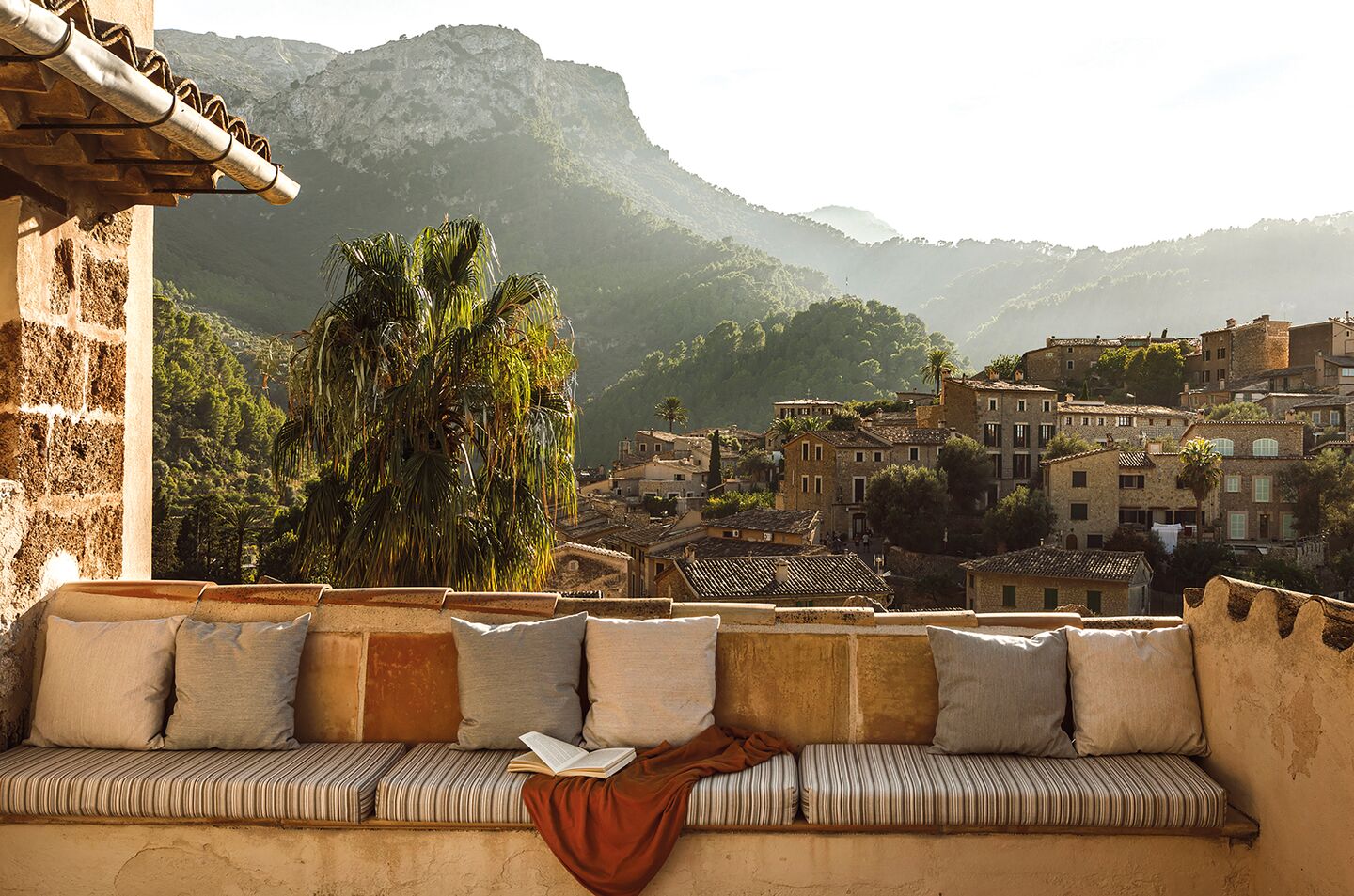 Sun-soaked European destinations to visit in spring
Sun-soaked European destinations to visit in springDreaming of Florentine palazzos and Greek islands now that the weather is starting to turn? Check into one of these beautiful European hotels and holiday homes
-
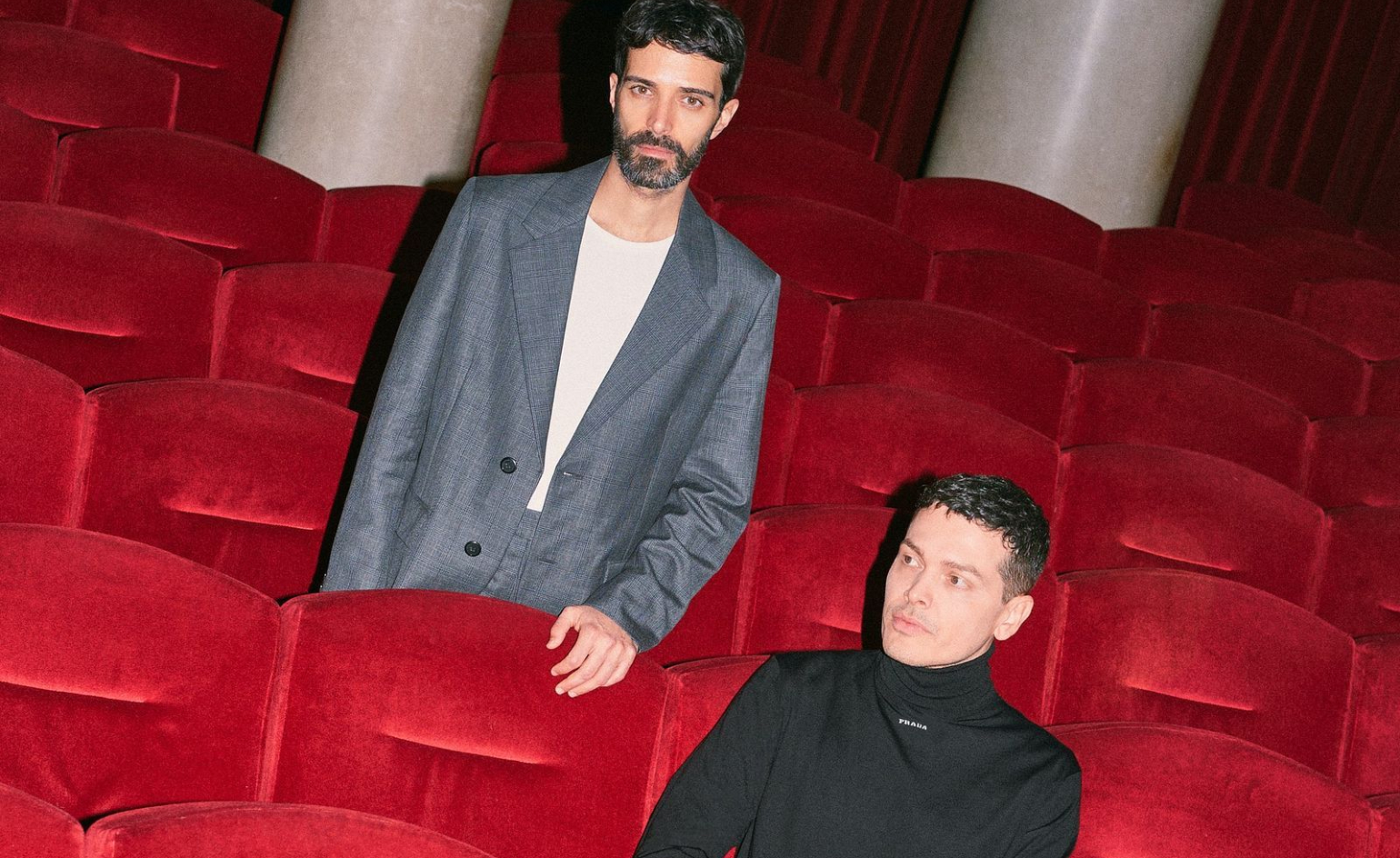 Everything you need to know about Italy's Lake Maggiore, according to Formafantasma
Everything you need to know about Italy's Lake Maggiore, according to FormafantasmaFrom baroque gardens to panoramic views, Andrea Trimarchi and Simone Farresin show us around this Italian escape
-
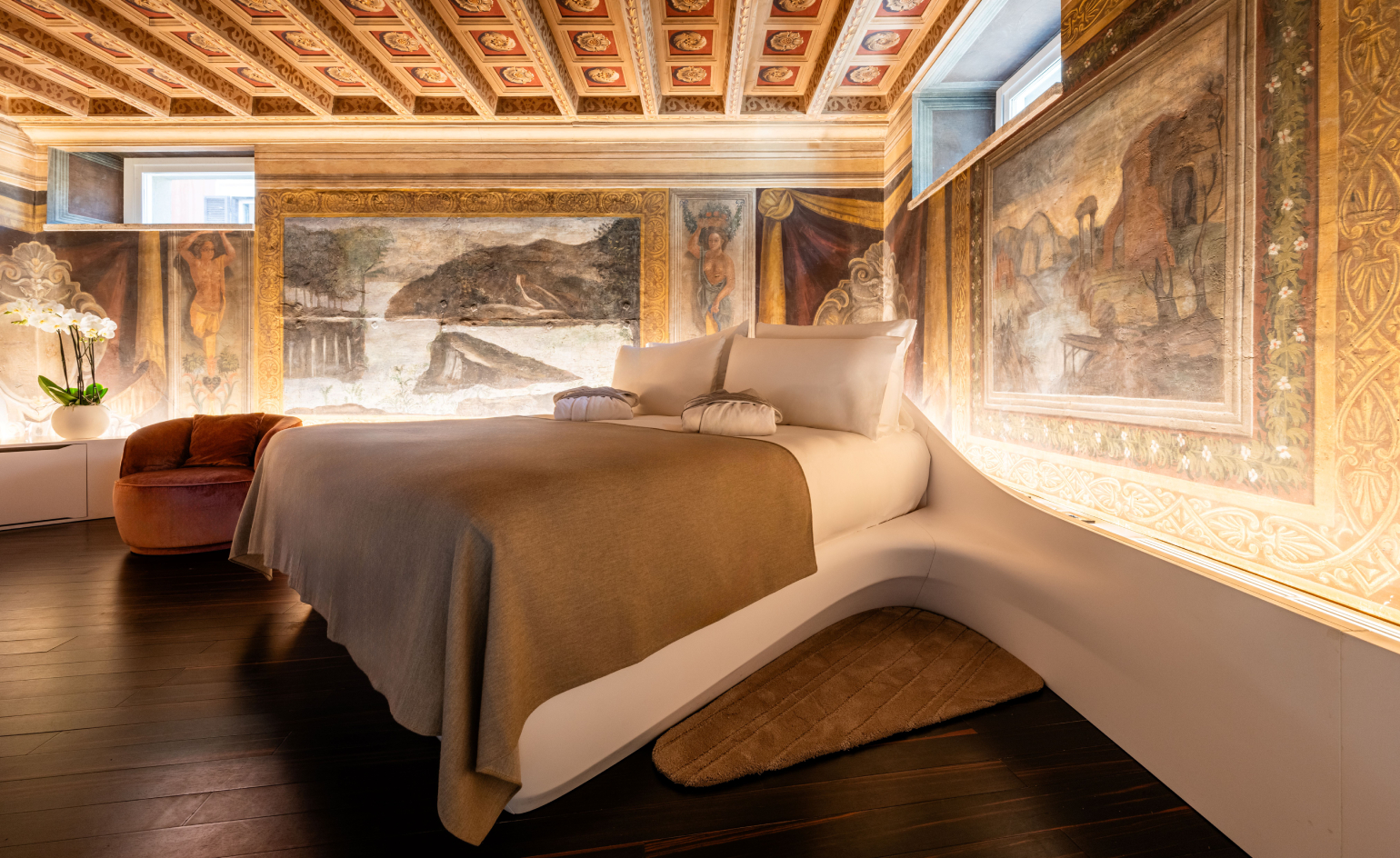 Wallpaper* checks in at Romeo Roma: a new hotel that’s one of Zaha Hadid’s last projects
Wallpaper* checks in at Romeo Roma: a new hotel that’s one of Zaha Hadid’s last projectsLocated within Rome’s Tridente, Romeo Roma is a palimpsest of periods in which the late Iraqi-British architect Zaha Hadid left her avant-garde mark
-
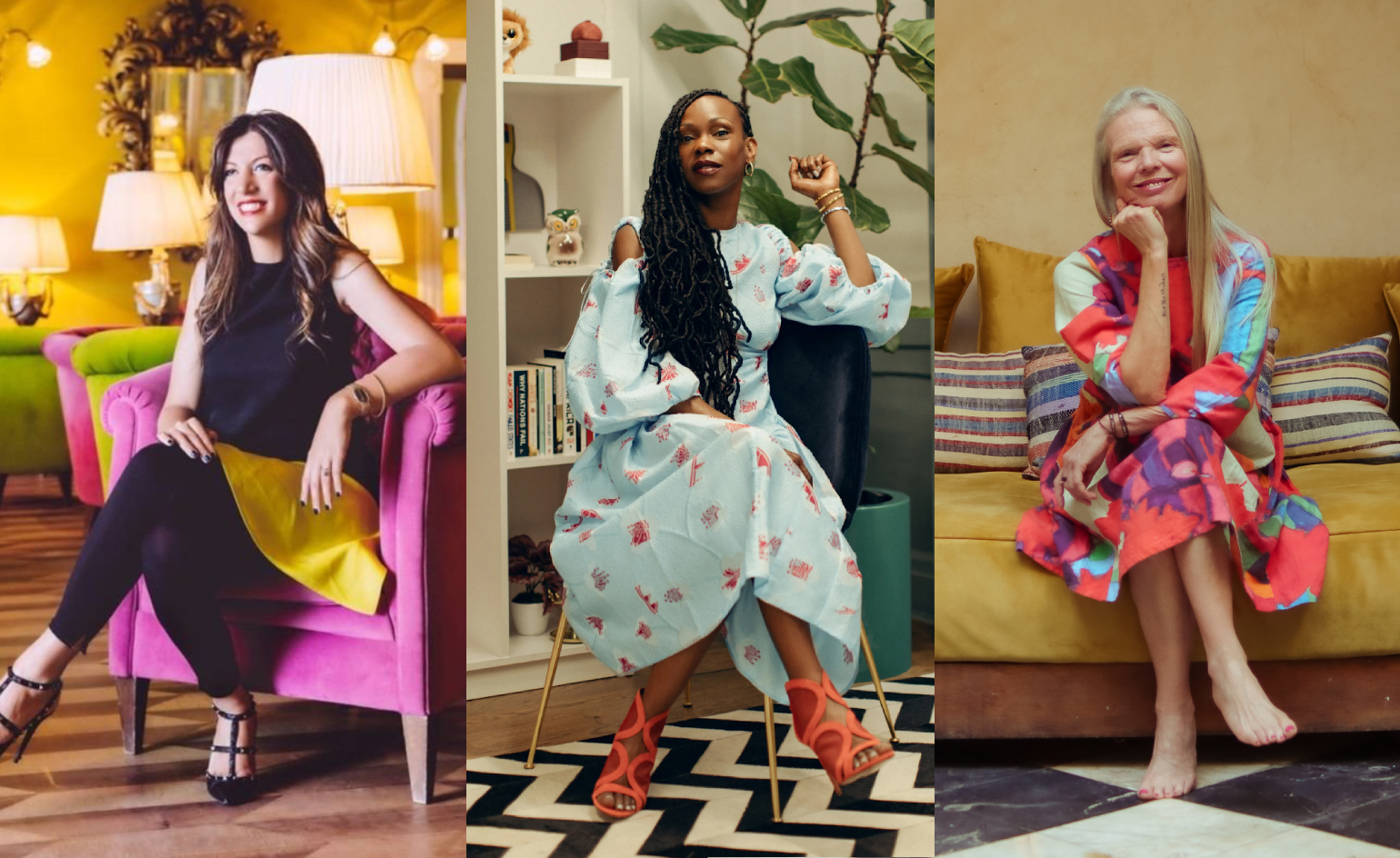 Five influential women hoteliers reflect on the changing face of hospitality
Five influential women hoteliers reflect on the changing face of hospitalityAs women continue to gain ground in the hotel sector, despite still being underrepresented in senior positions, five female moguls share their experiences of the past and projections for the future
-
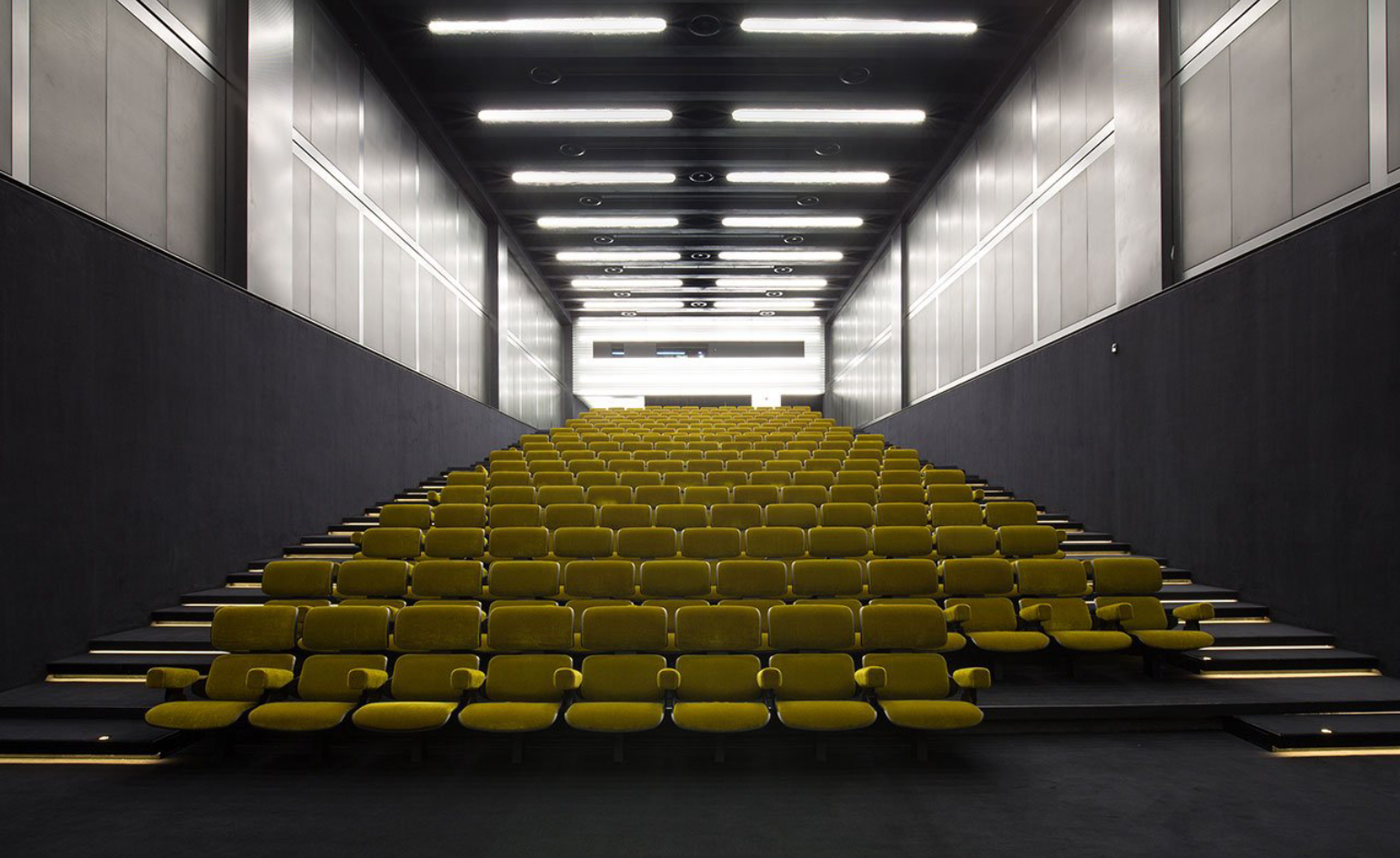 Must-visit cinemas with award-worthy design
Must-visit cinemas with award-worthy designThere’s more magic to the movies at these design-led cinemas, from Busan Cinema Centre’s ‘flying’ roof to The Gem Cinema Jaipur’s art deco allure
-
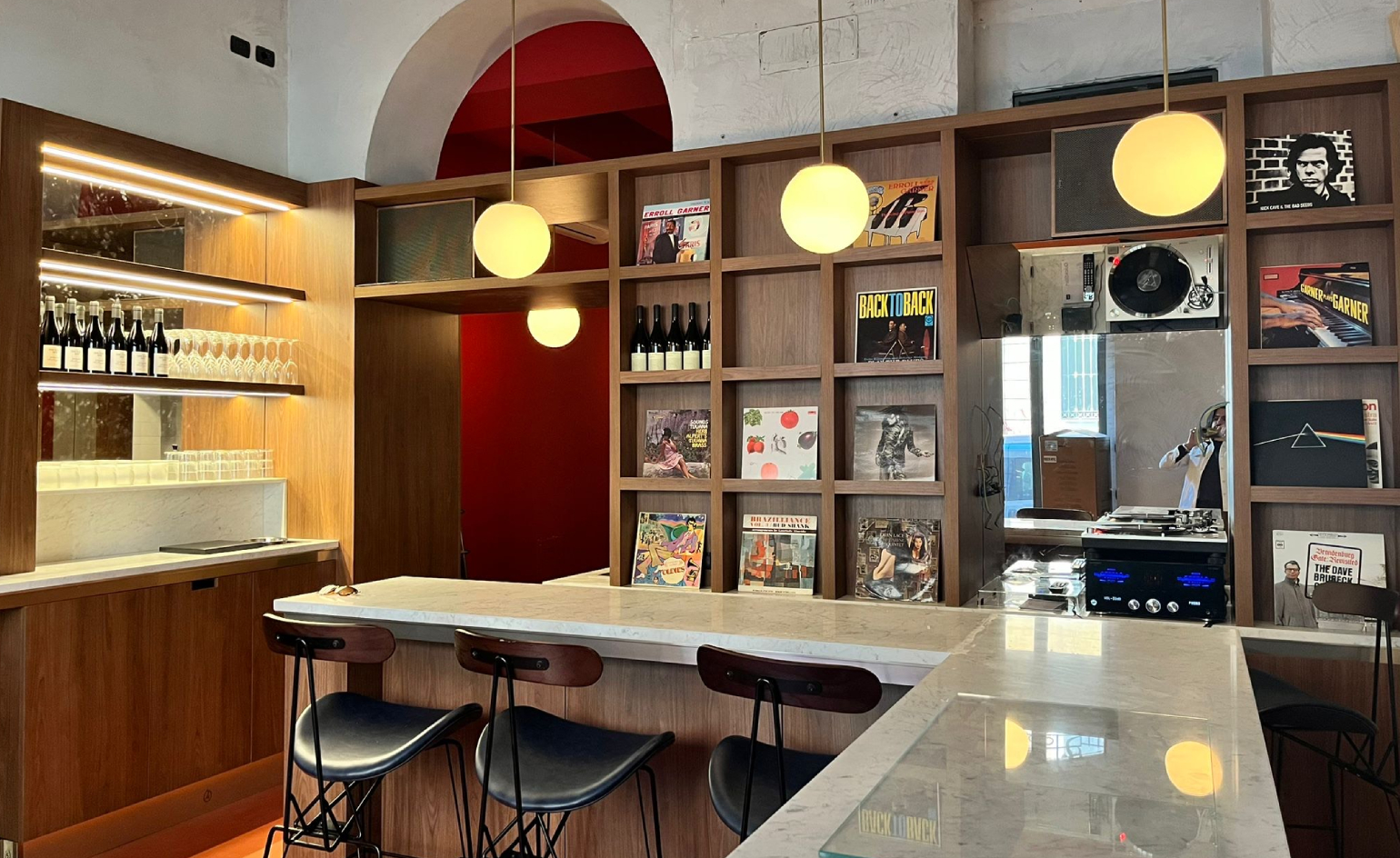 The best Milan bars for a fashionable aperitivo
The best Milan bars for a fashionable aperitivoMilan’s after-dark renaissance is evident in a new wave of design-led cocktail bars, setting the right mood for enticing aperitivos and nightcaps; Milan editor Laura May Todd recommends the best
-
 How Four Seasons Hotels became The White Lotus’ unofficial star
How Four Seasons Hotels became The White Lotus’ unofficial starAs The White Lotus season three whisks us to Thailand, Marc Speichert, chief commercial officer of Four Seasons Hotels, discusses the luxury group’s perfect synergy with the hit HBO series – and where you can live the experience